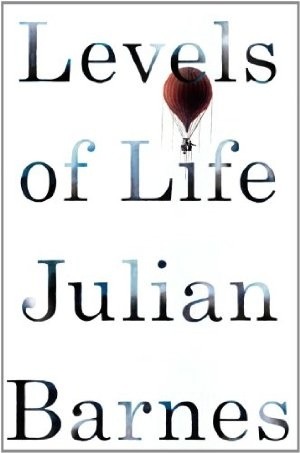More on this book
Community
Kindle Notes & Highlights
You put together two things that have not been put together before. And the world is changed. People may not notice at the time, but that doesn’t matter. The world has been changed nonetheless.
You put together two people who have not been put together before; and sometimes the world is changed, sometimes not. They may crash and burn, or burn and crash. But sometimes, something new is made, and then the world is changed. Together, in that first exaltation, that first roaring sense of uplift, they are greater than their two separate selves. Together, they see further, and they see more clearly.
Every love story is a potential grief story. If not at first, then later. If not for one, then for the other. Sometimes, for both. So why do we constantly aspire to love? Because love is the meeting point of truth and magic. Truth, as in photography; magic, as in ballooning.
He refused to be turned from a lover into a dear friend. He was uninterested in that transition.
You put together two people who have not been put together before. Sometimes it is like that first attempt to harness a hydrogen balloon to a fire balloon: do you prefer crash and burn, or burn and crash? But sometimes it works, and something new is made, and the world is changed. Then, at some point, sooner or later, for this reason or that, one of them is taken away. And what is taken away is greater than the sum of what was there. This may not be mathematically possible; but it is emotionally possible.
Early in life, the world divides crudely into those who have had sex and those who haven’t. Later, into those who have known love, and those who haven’t. Later still – at least, if we are lucky (or, on the other hand, unlucky) – it divides into those who have endured grief, and those who haven’t. These divisions are absolute; they are tropics we cross.
Love may not lead where we think or hope, but regardless of outcome it should be a call to seriousness and truth. If it is not that – if it is not moral in its effect – then love is no more than an exaggerated form of pleasure. Whereas grief, love’s opposite, does not seem to occupy a moral space. The defensive, curled position it forces us into if we are to survive makes us more selfish. It is not a place of upper air; there are no views. You can no longer hear yourself living.
Grief is the negative image of love; and if there can be accumulation of love over the years, then why not of grief?
There are two essential kinds of loneliness: that of not having found someone to love, and that of having been deprived of the one you did love. The first kind is worse.
When grief becomes ‘just’ the memory of grief – if it ever does. When the world reverts to being ‘just’ the world, and life feels once more as if it is taking place on the flat, on the level.


